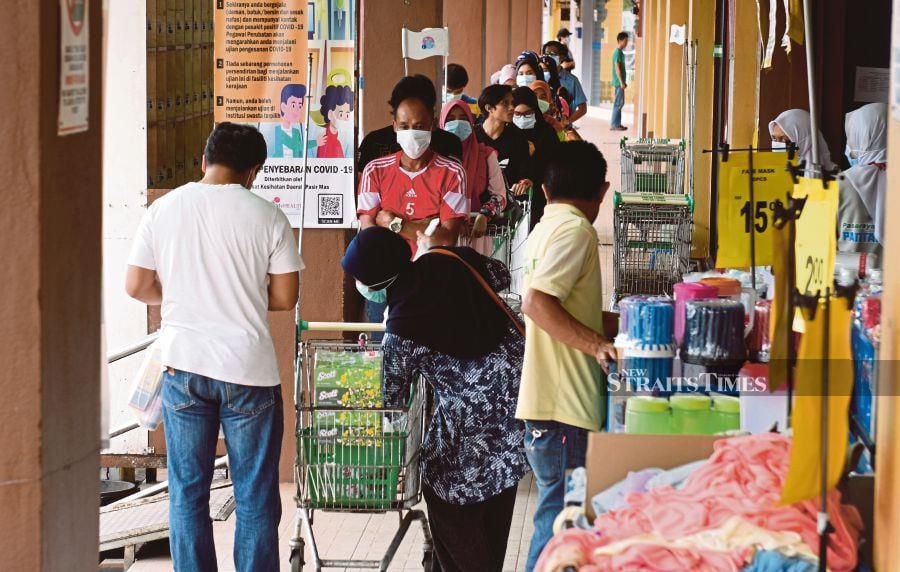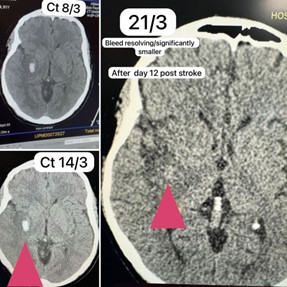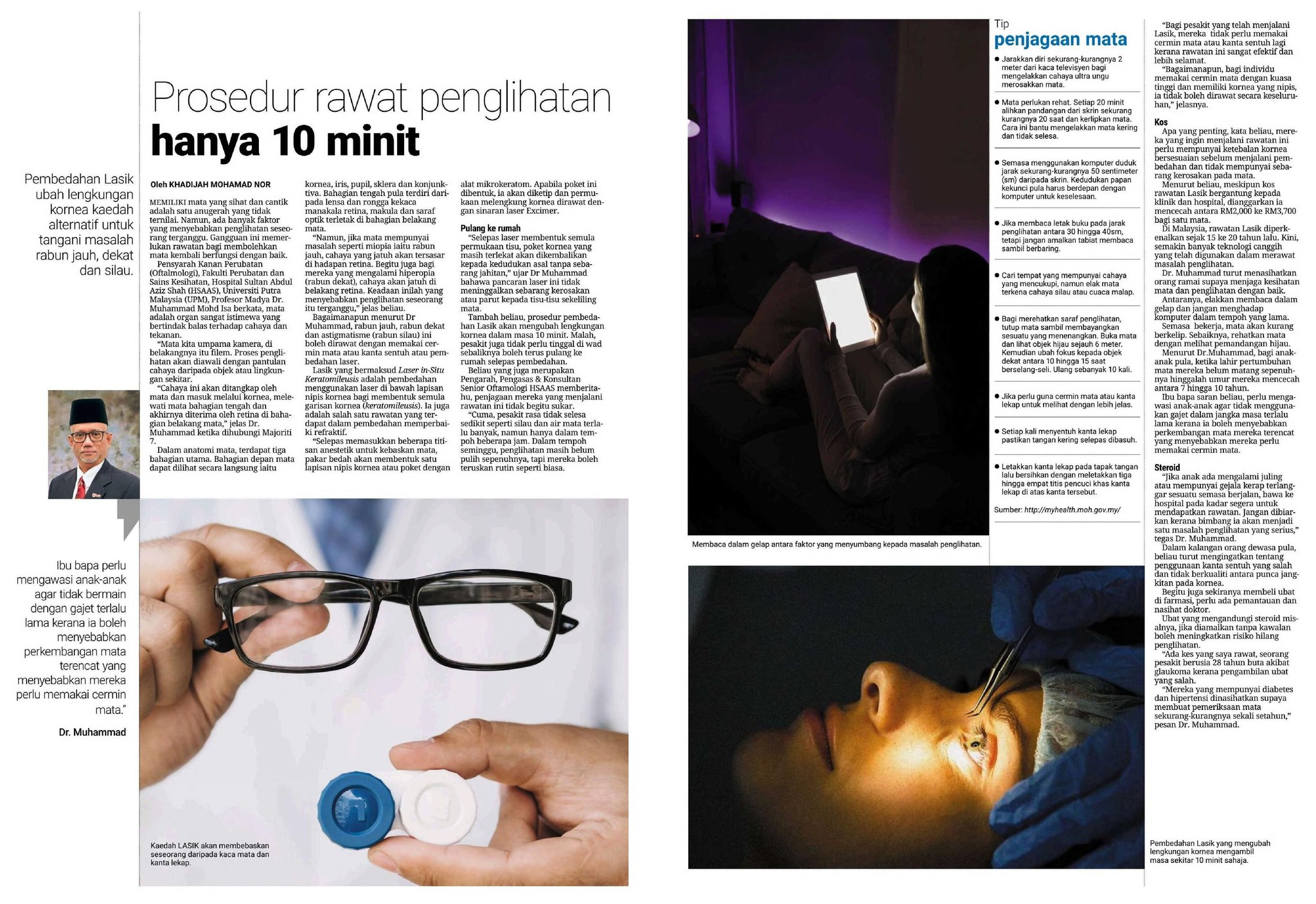
KUALA LUMPUR: With Malaysia beginning to adjust to the new normal as it enters its 45th day of the Movement Control Order (MCO), attention is now shifting to what lies ahead once it is lifted.
Experts believe that while the MCO has been a success in terms of containing the spread of Covid-19, the authorities must now formulate a comprehensive exit strategy to manage its economic and social recovery yet, at the same time, prevent a resurgence of the virus.
Dr Malina Osman, an epidemiology and biostatistics expert, said the government had to act fast and communicate its plans to Malaysians who yearned for a return to at least a semblance of their pre-MCO lives.
"The importance of such a plan cannot be understated as it would determine if we can keep our low infection momentum," she said, referring to the country's 14-day streak of keeping Covid-19 cases in the double digits.
She said the streak had unwittingly lulled some Malaysians into thinking it was acceptable to break social distancing and travel regulations.
The exit strategy, she said, must address when the MCO would be lifted as doing it too early could lead to another wave of infections.
She said while the government had yet to explicitly address the issue of Hari Raya Aidilfitri, it should extend the MCO up to 14 days after the celebration to prevent the development of a new cluster.
Dr Malina said testing rates had to be improved, adding that sentinel and mobile clinics needed to be set up to boost mass screening and weed out those with influenza-like illness (ILI) and severe acute respiratory infections (SARI).
The government, she suggested, could proceed to ease closures in stages in green zones or districts where no cases had been reported in two weeks. This, she said, could be done from now until the end of the MCO.
"However, there must be an early warning system and Standard Operating Procedures (SOP) in place to allow for the government to reinstate lockdowns.
"The National Security Council (NSC) must be prepared to institute total lockdowns or Enhanced Movement Control Orders as soon as there are 41 cases and above in an area.
"They must also monitor neighbouring districts to ensure its spread is contained. Even if they are orange or yellow zones, it doesn't mean that it cannot be put under partial lockdowns or the EMCO."
Dr Malina said the government's message must be clear, reiterating to the public that such rules had to be followed to buy time for a vaccine to be developed.
"This has to be communicated to all stakeholders, from policymakers to the man on the street, for a period of time before the plan can be put into effect," she said.
She said the exit strategy could make provisions for businesses in green zones to start operating. However, she believed that Malaysia's warung (foodstalls) culture was due for an overhaul.
"Unless local councils can ensure social distancing, place traders at one-metre intervals and ensure their stalls don't attract crowds, I don't think we can go back to our conventional bazaar, pasar malam and open market systems," she said, adding that incentives should be made for such businesses to go online.
The government, she said, should provide companies incentives to allow staff to work from home by giving them training, grants and such.
This, she added, would relax the strain on public transport.
"Checkers must be assigned to screen passengers and institute social distancing policies in stations, train cars, buses and stops."
Hospitals, she said, should also start adopting the use of apps to cut the wait time of appointments to prevent a resurgence of cases.
Dr Malina said while parks could be opened in green zones, cinemas and confined spaces required specific SOPs.
"To a greater degree, mosques, churches, social gatherings as well as sports events also require this. I don't see any easing of these rules soon. But with or or without SOPs, schools should be the last to reopen."
Universiti Putra Malaysia (UPM) psychiatry expert Dr Ruziana Masira said the government must study the overarching effects of the crisis on Malaysians' mental health, while looking into aspects such as funding and counselling programmes in its exit strategy plan.
The mental health of frontliners, she said, had to be gauged through surveys and data.
"In the past, nurses in Australia suffered when they cared for Severe Acute Respiratory Syndrome patients. They dealt with the dilemma of caring for patients at the risk of their families' health. We can expect a similar problem here."











.jpg)















